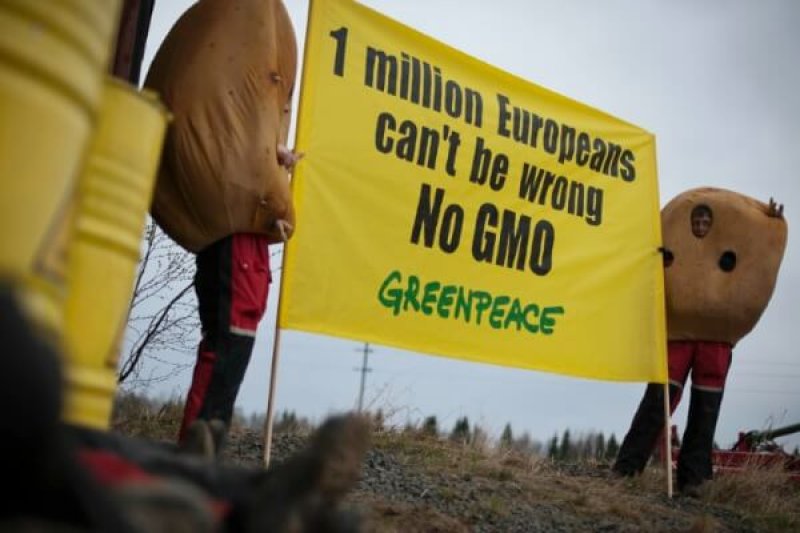An excellent new paper from a trio of Danish researchers, two of whom are based out of the University of Copenhagen, argues that the European Union’s stance on farming with GMO crops is an untenable mess. The paper concludes that “neither de facto [GMO] bans nor mandatory labeling can be justified,” and the researchers assert that current E.U. rules—which embrace both de facto bans and mandatory labeling of foods containing GMO ingredients—are backward and “hinder[] agricultural innovation.”
[T]he researchers sought to determine whether the most common arguments for restricting GMOs justify the E.U.’s decidedly anti-GMO policies. The authors first explain the current E.U. GMO policies. They then turn to a discussion of the grounds for those policies, including risk mitigation and other stated non-risk justifications for restricting genetic modification or gene editing (such as their purported unnaturalness).…
Farming with GMOs in Europe is a tough row to hoe, as the paper explains. The E.U.’s convoluted “pre-release authorization” process for getting a GMO crop (or food containing GMO ingredients) to market keeps those crops from ever getting there ….
Read full, original article: New Research Shows the European Union’s Anti-GMO Rules Are Ridiculously Bad































